- 20
- Dec
cement paver block machine
cement paver block machine is an innovative and high-quality construction machinery designed to produce blocks or bricks from various raw materials such as cement, sand, gravel, stone powder, Gabion blocks and more. It is widely used in the construction industry for building walls, pavements, and other structures.
This machine is equipped with advanced technology and components that ensure efficient and precise block production. It operates through a hydraulic system, which provides a consistent and smooth movement of the machine, resulting in higher production rates and excellent block quality.
Equipped with a durable and robust frame, our cement paver block machine is able to withstand heavy-duty usage and deliver consistent and high-quality results. The model comes in various configurations to cater to different productivity needs, with options for manual or automatic operation.
In terms of parameters, the Block Machine has a maximum pressure of 1332kN, and its vibration frequency can be adjusted from 0-58Hz. It can handle raw materials such as sand, cement, gravel, and fly ash, with a maximum particle size of 10mm. The machine’s power supply is customizable according to the customer’s requirements, and it has a low power consumption of 12.81 kW.
Furthermore, our cement paver block machine is equipped with an advanced control system that ensures smooth and accurate operation. It also has a large hopper capacity, reducing the need for frequent refilling and increasing production efficiency.
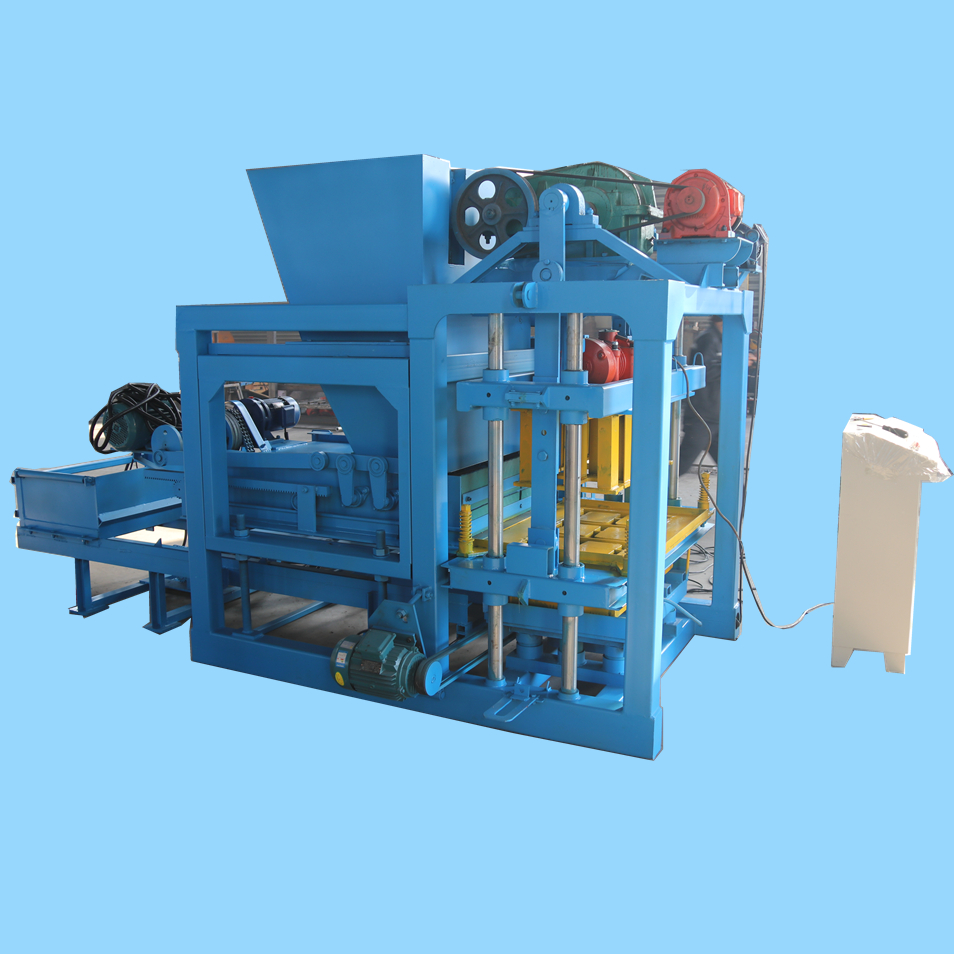
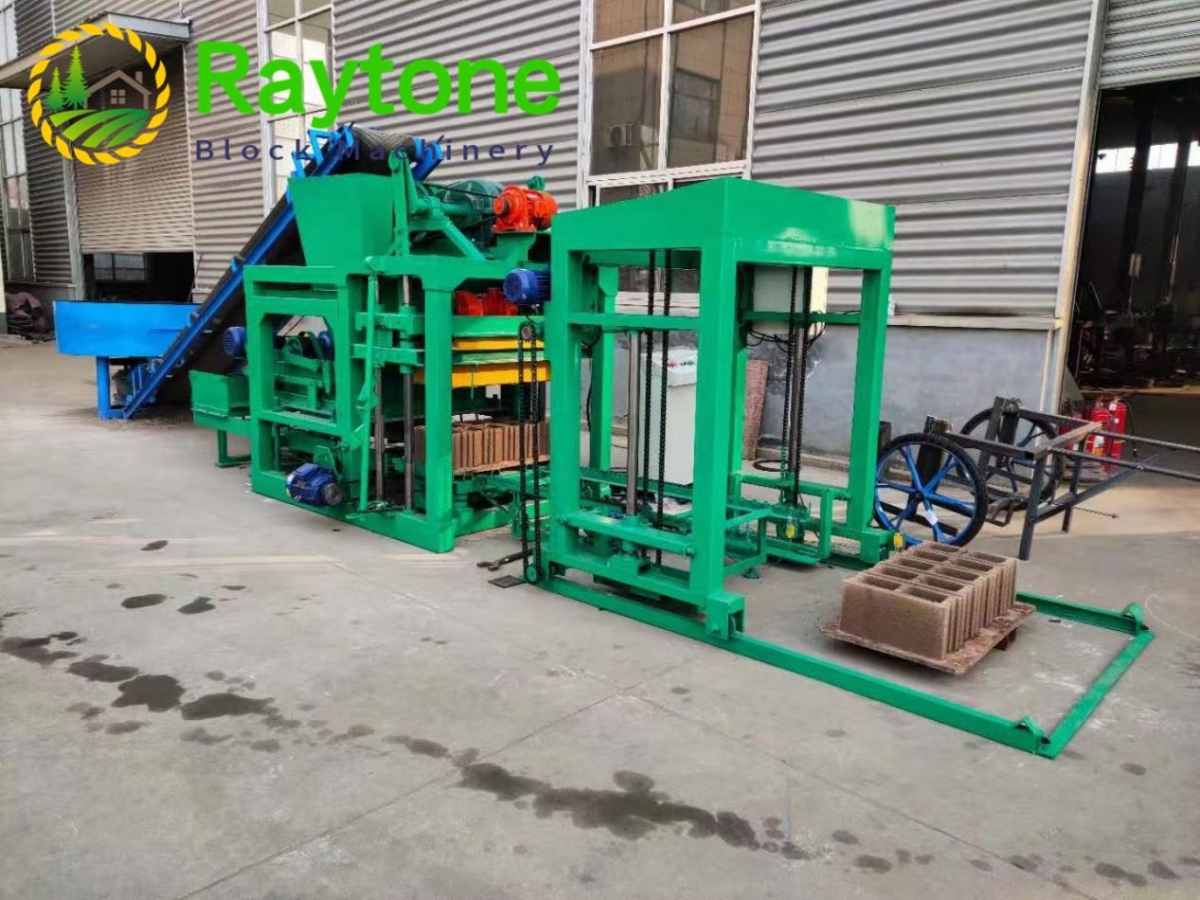
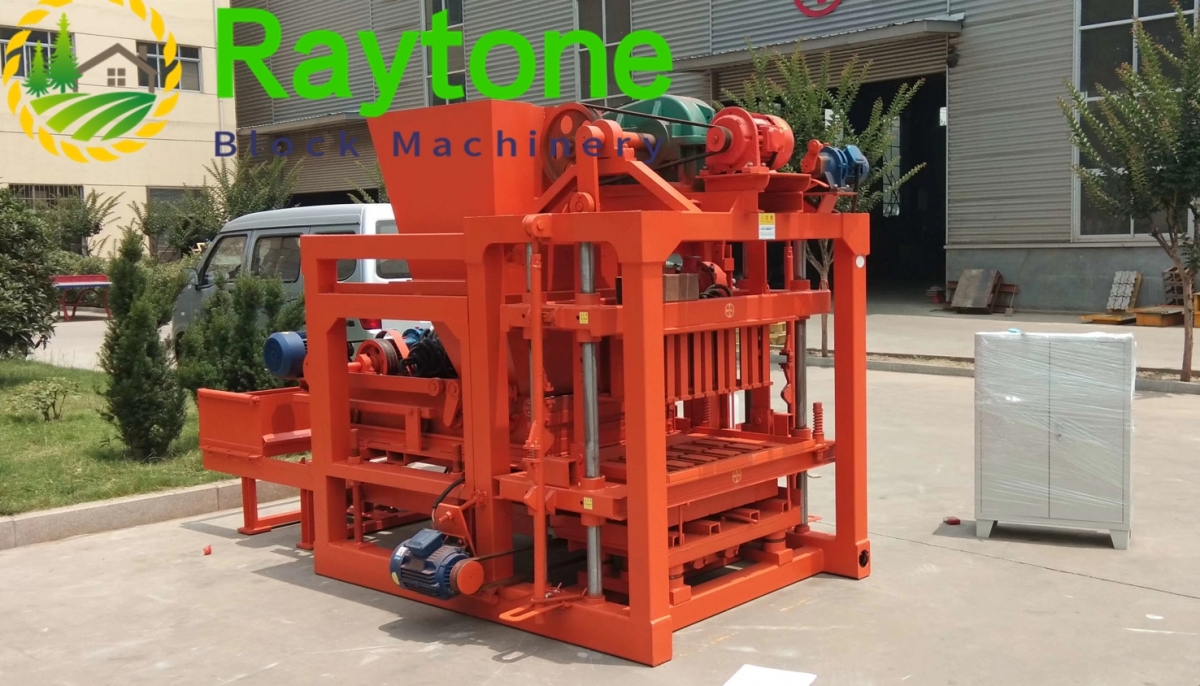
| Size (mm) | Qty/mould | mould cycle (s) | capacity per hour | daily capacity |
| hollow 400*200*200 | 6 | 20-25 s | 850-1100 | 7713-8800 |
| hollow 400*150*200 | 7 | 20-25 s | 1000-1300 | 7969-10400 |
| hollow 400*100*200 | 18 | 20-25 s | 1200-1400 | 9159-11200 |
Block Machines Redefining Building Standards
cement paver block machine FAQs Guide.
The Block machine is an innovative and advanced piece of equipment that is designed to streamline the process of creating high-quality concrete blocks. With its state-of-the-art technology and precise engineering, our Block machine offers superior performance and efficiency for any construction project. It is a versatile and reliable tool that can produce a wide range of block sizes and shapes, making it perfect for various applications, including residential and commercial buildings, road and sidewalk construction, and more. Combined with its durability and ease of use, our Block machine is the ideal solution for your block-making needs. Join the countless satisfied customers who have experienced the benefits of our Block machine and take your construction projects to the next level.
2.Does a cement paver block machine require a specific type of raw material?
3.How does the cost of a cement paver block machine compare to traditional building materials?
4.Are there any noise or vibration concerns with a cement paver block machine?
5.What is a cement paver block machine?
6.About the development history of cement paver block machine factory
7.Can a cement paver block machine be used in cold weather conditions?
8.How long does it take to produce a block with a cement paver block machine?
9.About cement paver block machine raw material procurement system
10.Can a cement paver block machine produce blocks with varying levels of compressive strength?
11.About cement paver block machine overseas warehouse
12.Can a cement paver block machine be used in disaster relief or emergency situations?
13.About cement paver block machine origin
14.About cement paver block machine MOQ
15.Are there any safety features built into the design of a cement paver block machine?
1.About cement paver block machine inventory
Block machine inventory is a software system designed to help businesses manage their inventory of block machines. The system allows businesses to track the quantity of block machines in stock, the cost of each machine, and the location of each machine. The system also provides reports on the current inventory levels, the cost of each machine, and the location of each machine. Additionally, the system can be used to generate purchase orders and invoices for block machines.
2.Does a cement paver block machine require a specific type of raw material?
Our cement paver block machine products undergo strict quality control to ensure customer satisfaction.
Yes, a block machine typically requires a specific type of raw material, such as sand, gravel, cement, and water. Depending on the type of block machine, other materials may also be required.
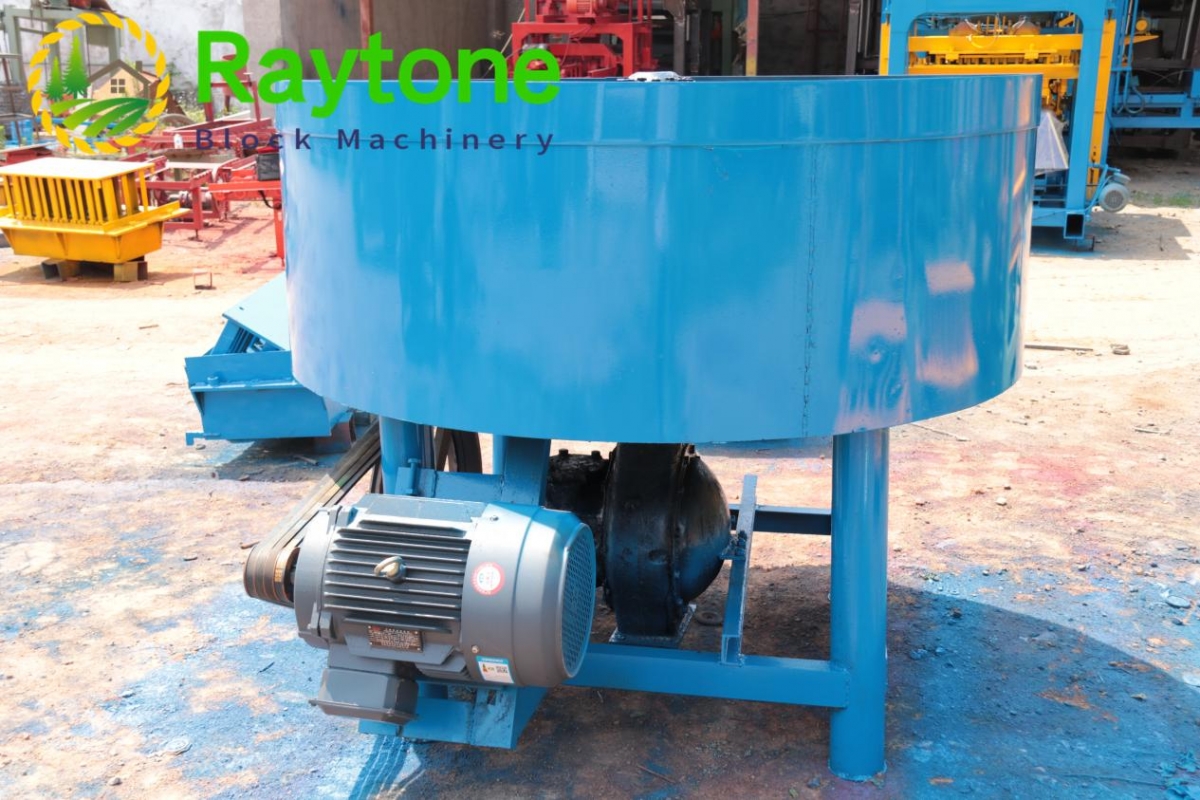
3.How does the cost of a cement paver block machine compare to traditional building materials?
We focus on our customers’ needs and strive to meet their expectations, so we take this very seriously.
The cost of a block machine is typically much higher than traditional building materials. Block machines are typically used to produce large quantities of blocks, which can be expensive to purchase in bulk. Additionally, block machines require specialized equipment and expertise to operate, which can add to the cost.
4.Are there any noise or vibration concerns with a cement paver block machine?
Yes, noise and vibration are common concerns with block machines. The noise and vibration levels can vary depending on the type of machine and the materials being used. It is important to ensure that the machine is properly maintained and that the operator is properly trained to reduce the risk of excessive noise and vibration.
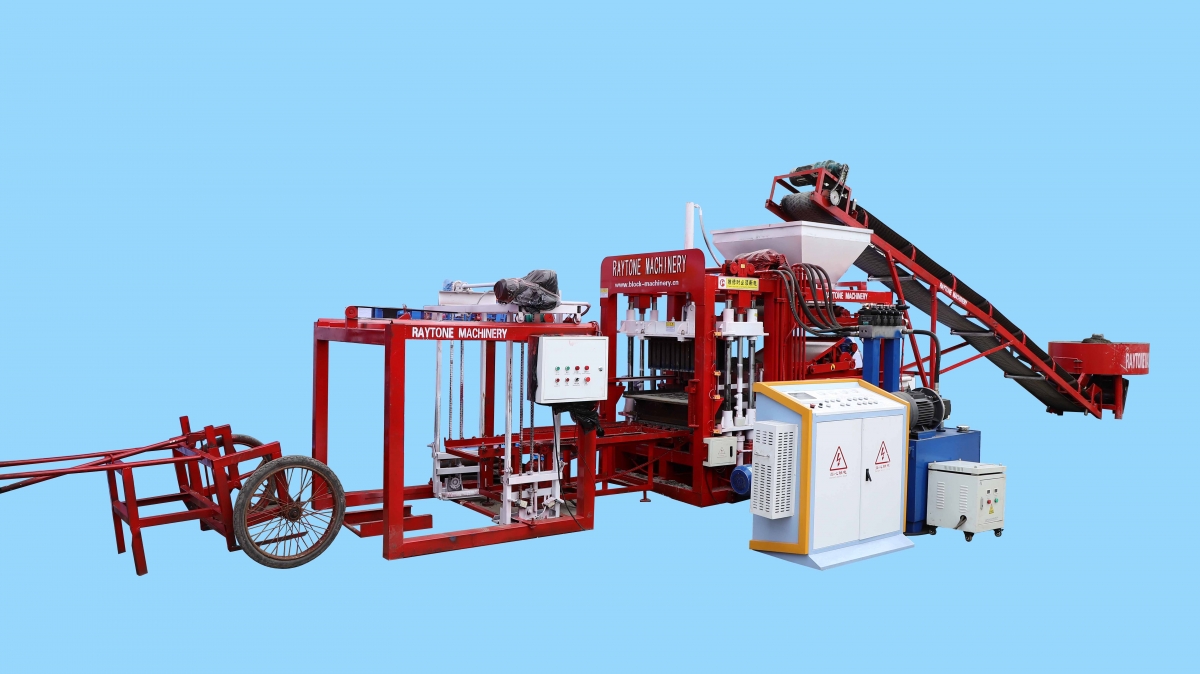
5.What is a cement paver block machine?
We adhere to the principle of quality first and have a complete production quality management system and quality inspection process.
A block machine is a machine used to produce concrete blocks, which are used in the construction of walls, foundations, and other structures. The machine typically consists of a hopper, a conveyor belt, a mold, and a vibration table. The hopper is used to feed the concrete mix into the machine, the conveyor belt transports the mix to the mold, and the vibration table vibrates the mix to ensure a uniform block.
6.About the development history of cement paver block machine factory
The development history of block machine factory can be traced back to the early 20th century. The first block machine was invented in the United States in 1905 by a man named Charles Pankow. This machine was used to make concrete blocks for construction projects. In the 1920s, the first automatic block machine was developed in Germany. This machine was able to produce blocks with a higher degree of accuracy and consistency than the manual machines.
In the 1950s, the first hydraulic block machine was developed in the United States. This machine was able to produce blocks with a higher degree of accuracy and consistency than the manual machines. In the 1960s, the first computer-controlled block machine was developed in the United States. This machine was able to produce blocks with a higher degree of accuracy and consistency than the manual machines.
In the 1970s, the first fully automated block machine was developed in the United States. This machine was able to produce blocks with a higher degree of accuracy and consistency than the manual machines. In the 1980s, the first robotic block machine was developed in the United States. This machine was able to produce blocks with a higher degree of accuracy and consistency than the manual machines.
Today, block machine factories are used to produce a wide variety of blocks for construction projects. They are used to produce blocks for residential, commercial, and industrial projects. Block machine factories are also used to produce blocks for landscaping projects.
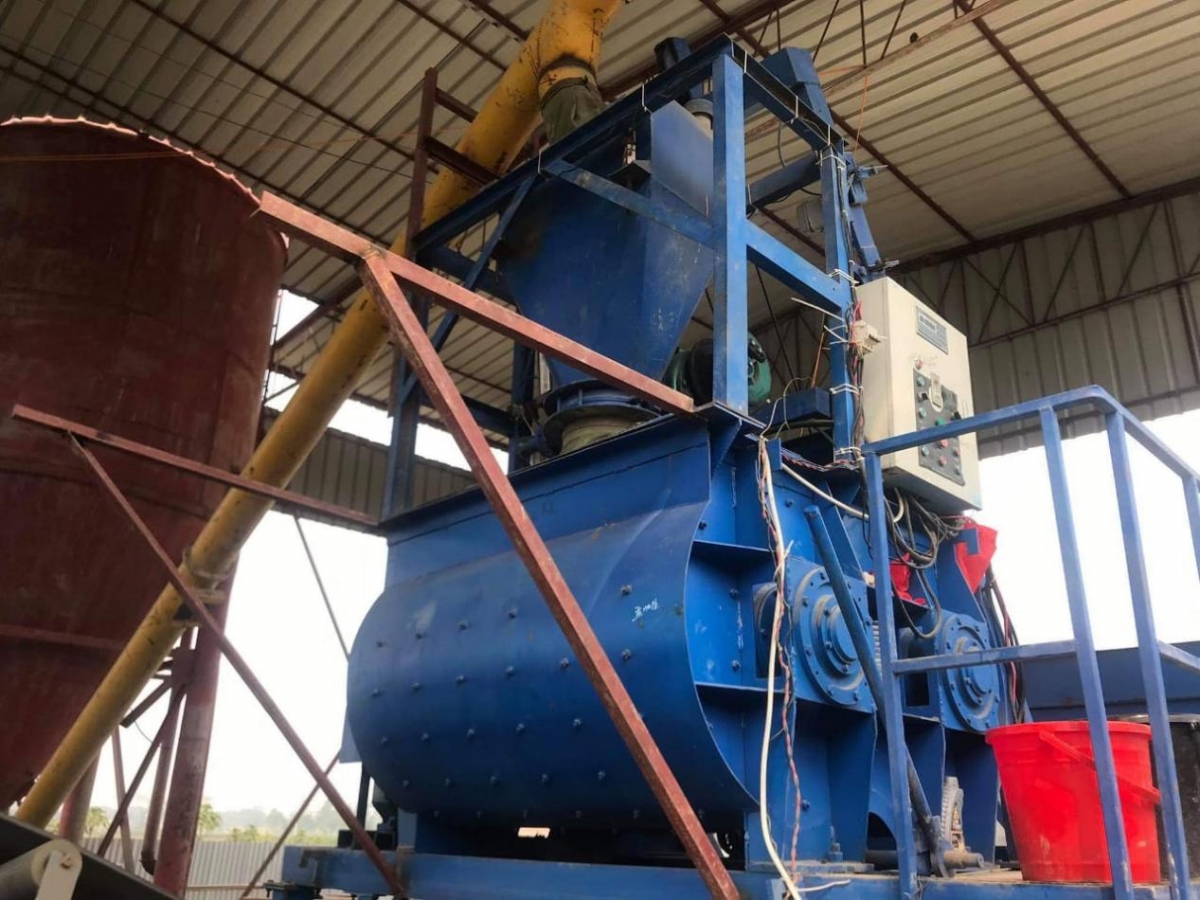
7.Can a cement paver block machine be used in cold weather conditions?
Yes, a block machine can be used in cold weather conditions. However, it is important to ensure that the machine is properly insulated and heated to prevent any damage from the cold temperatures. Additionally, it is important to ensure that the machine is properly lubricated and maintained to ensure that it is functioning properly in cold weather conditions.
8.How long does it take to produce a block with a cement paver block machine?
Our mission is to provide customers with the best solutions for cement paver block machine.
The time it takes to produce a block with a block machine depends on the size and type of block being produced. Generally, it takes between 10 and 30 seconds to produce a single block.
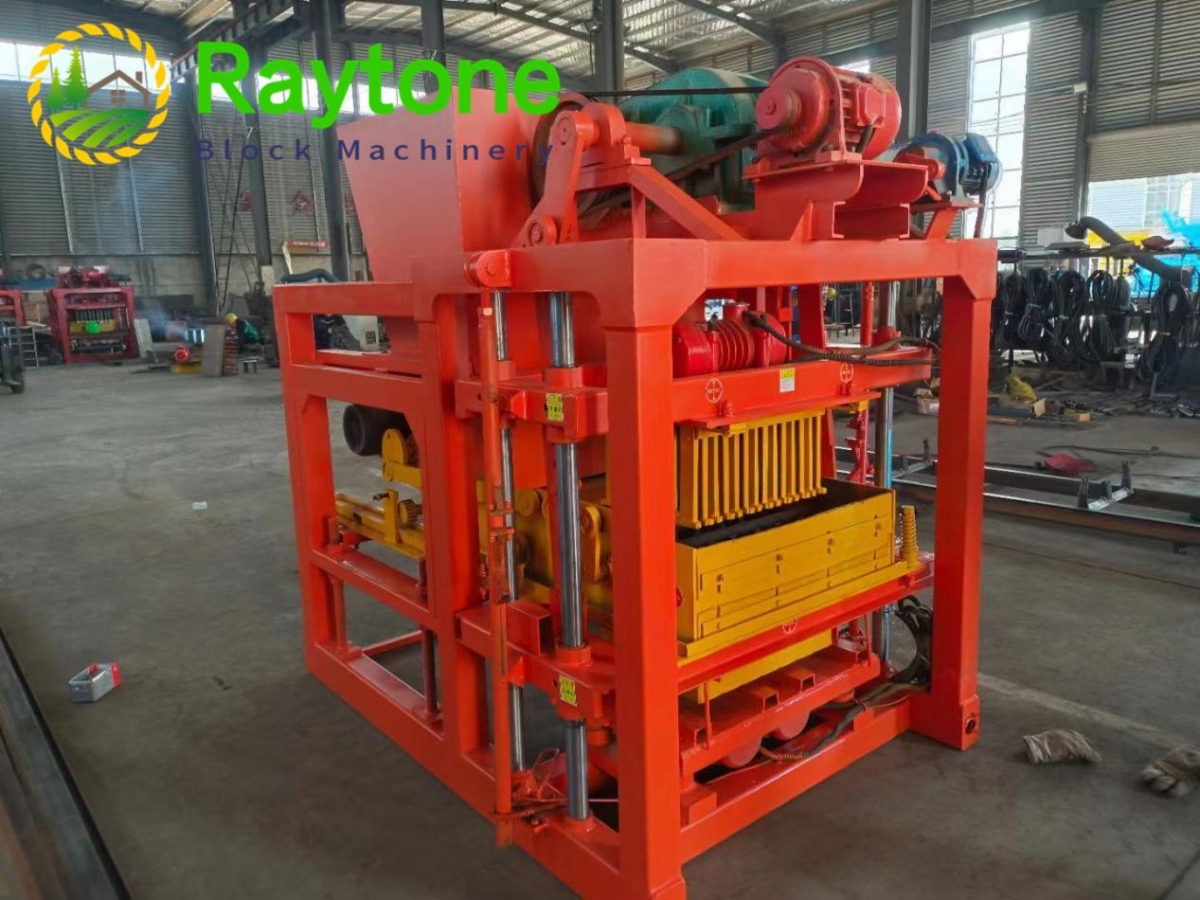
9.About cement paver block machine raw material procurement system
A block machine raw material procurement system is a software solution designed to streamline the process of procuring raw materials for the production of concrete blocks. The system automates the process of ordering, tracking, and managing the delivery of raw materials, allowing for greater efficiency and cost savings. The system also provides detailed reporting and analytics to help manufacturers better understand their supply chain and make informed decisions about their raw material procurement.
10.Can a cement paver block machine produce blocks with varying levels of compressive strength?
Yes, a block machine can produce blocks with varying levels of compressive strength. This is done by adjusting the amount of pressure applied to the blocks during the manufacturing process. The amount of pressure applied can be adjusted to produce blocks with different levels of compressive strength.
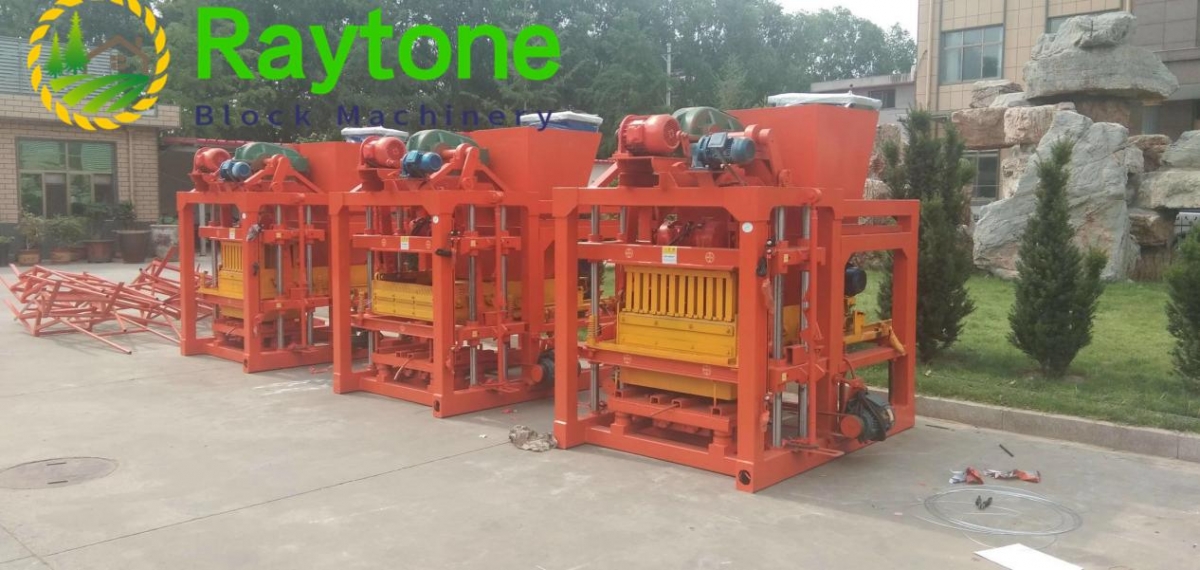
11.About cement paver block machine overseas warehouse
Block machine overseas warehouses are warehouses located in different countries around the world that store and distribute block machines. These warehouses are used to store and ship block machines to customers in different countries. The warehouses are typically owned and operated by the block machine manufacturer or distributor. They are responsible for ensuring that the block machines are properly stored and shipped to customers in a timely manner.
12.Can a cement paver block machine be used in disaster relief or emergency situations?
Yes, block machines can be used in disaster relief or emergency situations. Block machines can be used to quickly construct temporary shelters, walls, and other structures that can provide protection and shelter for those affected by a disaster. Block machines can also be used to create roads and pathways for emergency vehicles and personnel to access affected areas.
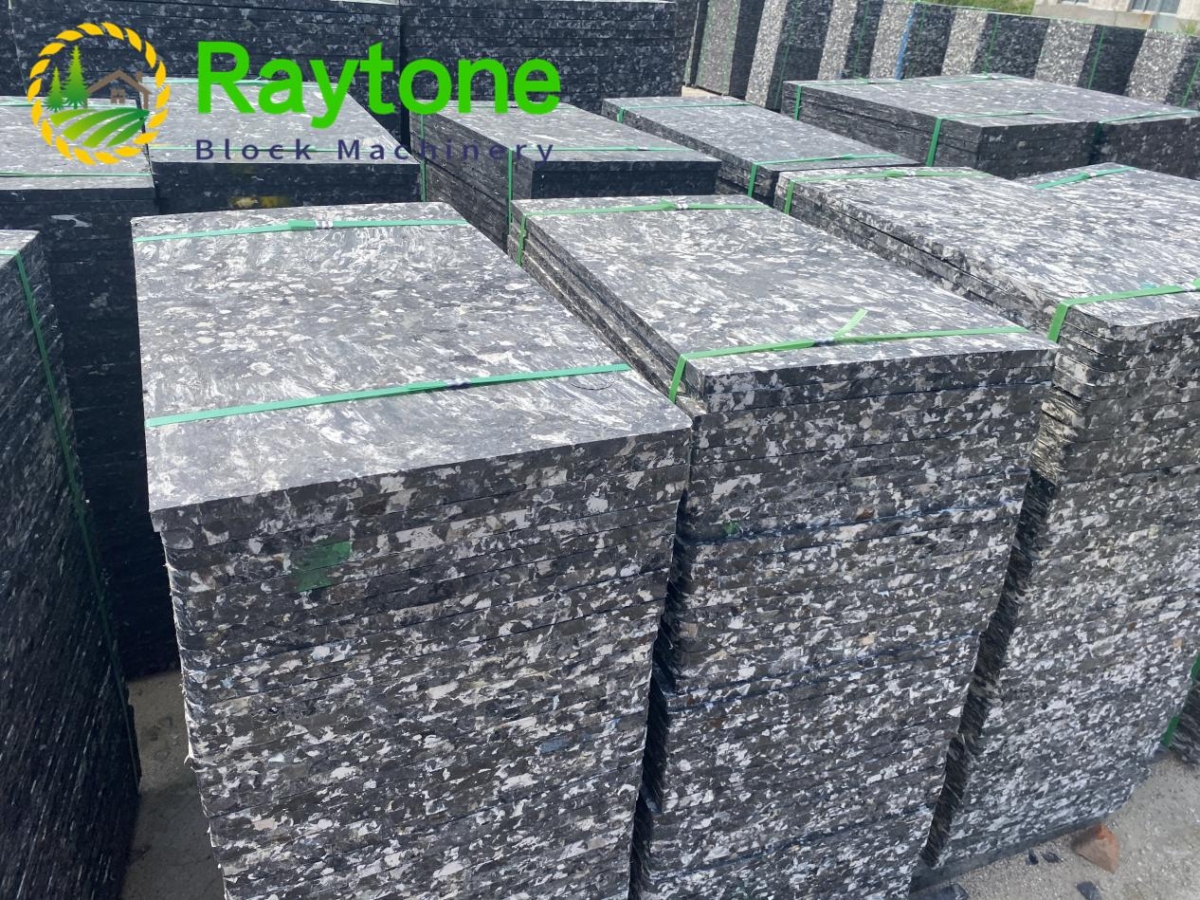
13.About cement paver block machine origin
Block machine origin dates back to the late 19th century when the first concrete block machines were developed. The first machines were used to produce concrete blocks for the construction of buildings and other structures. The machines were developed to increase the speed and efficiency of the production process. Over the years, the technology has advanced and the machines have become more sophisticated and efficient. Today, block machines are used in a variety of industries, including construction, manufacturing, and mining.
14.About cement paver block machine MOQ
The minimum order quantity (MOQ) for a block machine will vary depending on the type of machine and the manufacturer. Generally, the MOQ for a block machine is one unit. However, some manufacturers may require a minimum order of multiple units.
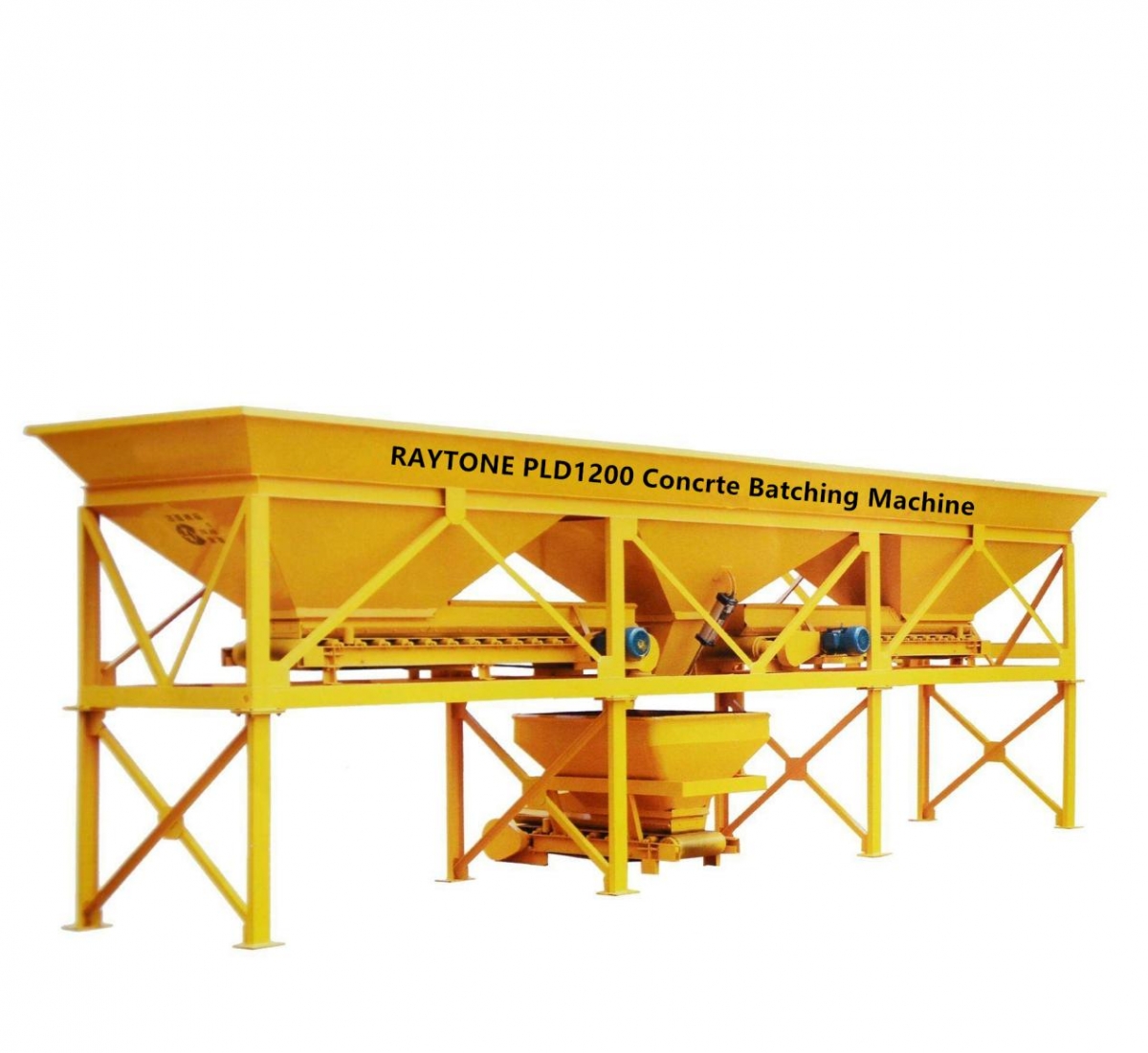
15.Are there any safety features built into the design of a cement paver block machine?
Yes, there are several safety features built into the design of a block machine. These include emergency stop buttons, safety guards, and interlocks to prevent accidental operation. Additionally, many block machines are designed with a low center of gravity to reduce the risk of tipping over.
